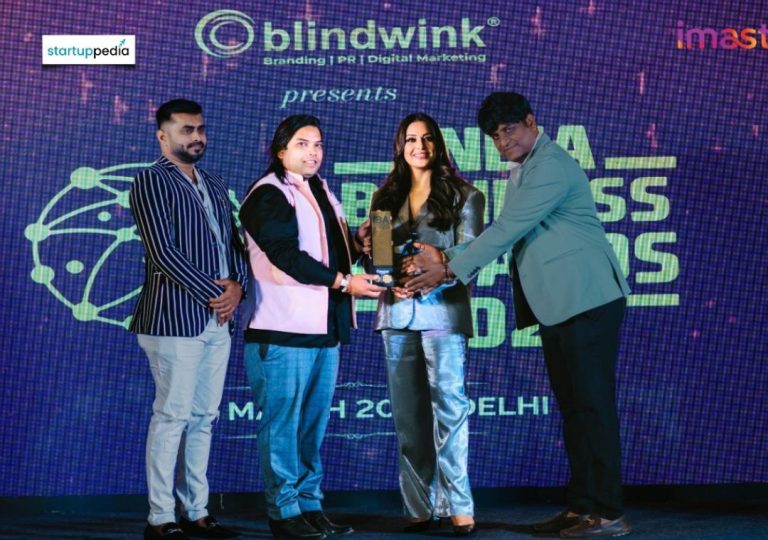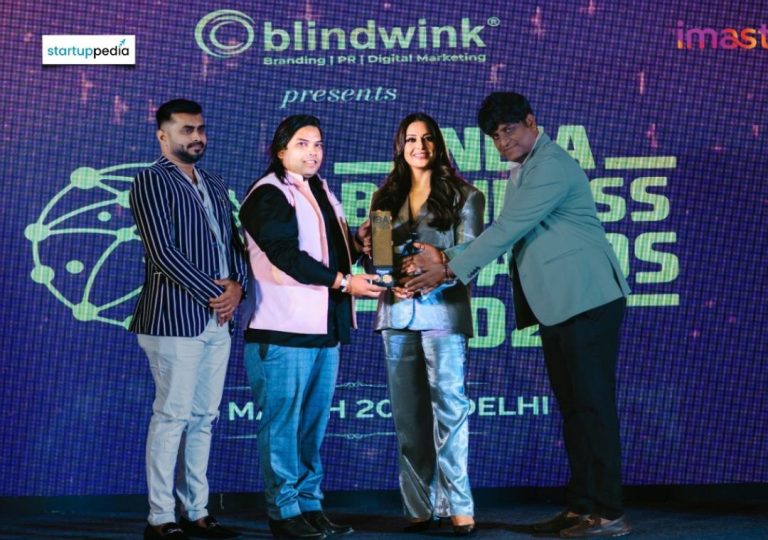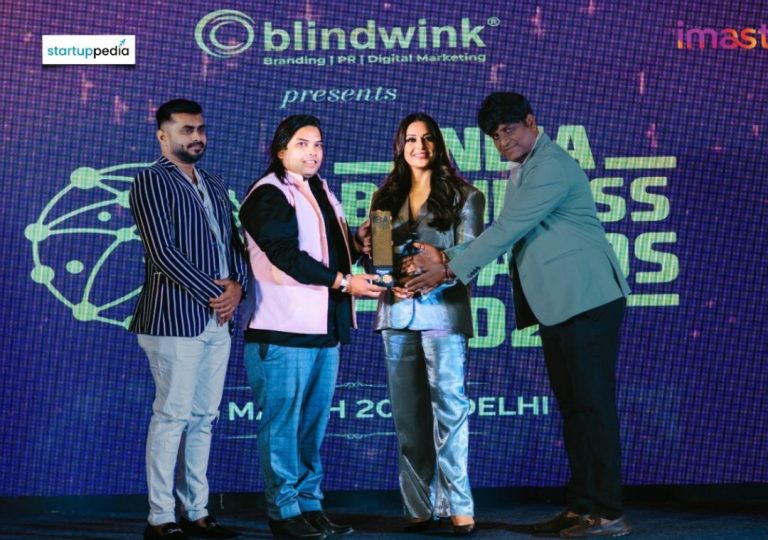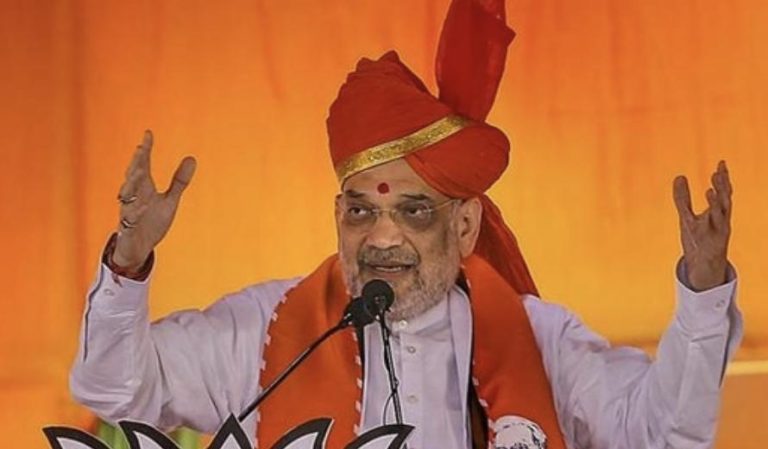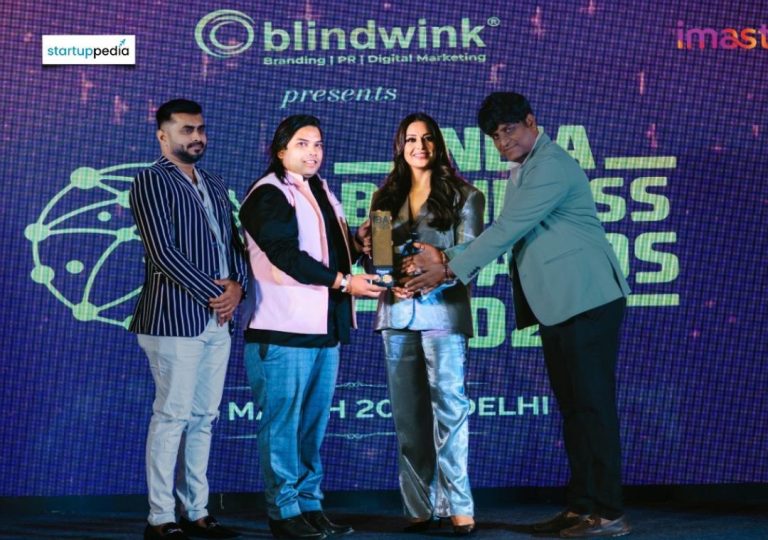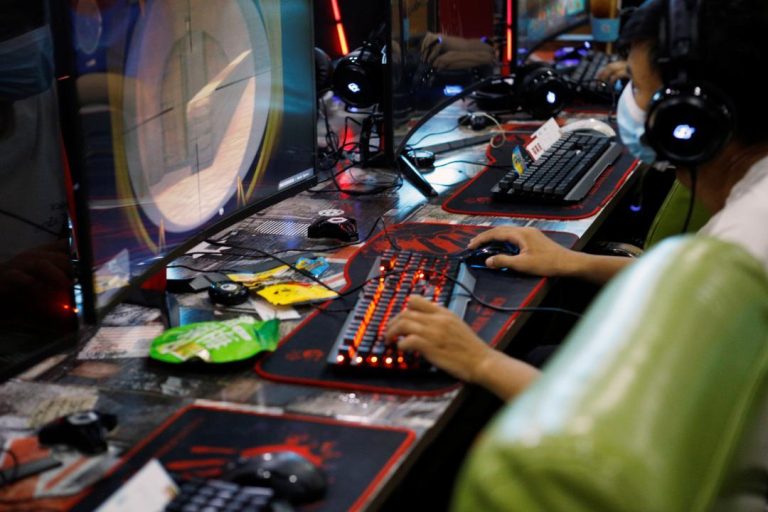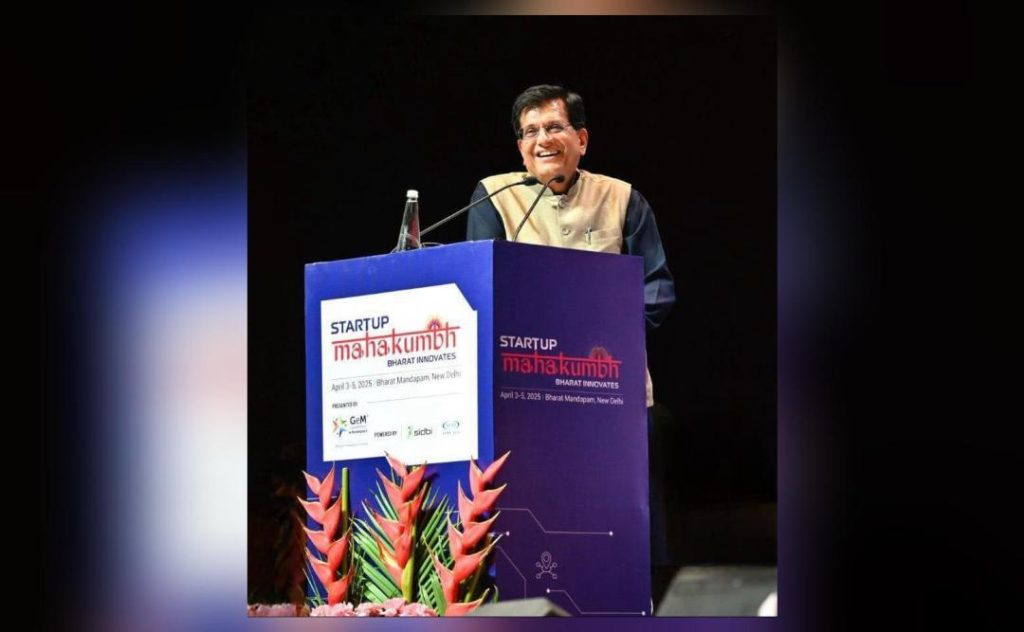
Giving fancy packaging to ice-creams & cookies is not start-up: Piyush Goyal
In a recent statement at Startup Mahakumbh 2025, Union Minister of Commerce and Industry, Piyush Goyal, emphasized that giving fancy packaging to ice-creams and cookies does not qualify as a start-up. According to him, it is entrepreneurship and a business model. This statement might have raised a few eyebrows, as many entrepreneurs and start-up enthusiasts might have a different understanding of what constitutes a start-up.
Goyal’s statement was made in the context of the current start-up ecosystem in India. While India has seen a significant surge in start-up growth in recent years, the Minister expressed concern over the fact that only about 1,000 start-ups in India’s deep-tech space is a “disturbing situation”. He also highlighted that start-ups in other nations are focused on advanced technologies like artificial intelligence (AI) and 3D printing.
So, what does Piyush Goyal mean by “entrepreneurship and a business model”? In essence, he is saying that a start-up is not just about creating a new product or service, but about creating a new business model that disrupts the existing market or creates a new market altogether. Giving fancy packaging to ice-creams and cookies, on the other hand, is more about rebranding or repositioning an existing product, rather than creating a new business model.
Goyal’s statement is not without merit. Many start-ups in India today are simply rebranding or repositioning existing products or services, without necessarily creating a new business model. For instance, a start-up might create a mobile app that simply offers a new way to order food online, without necessarily changing the underlying food delivery business model. This is not to say that such start-ups are not valuable or innovative, but rather that they are not necessarily creating a new business model.
On the other hand, Goyal’s statement might also be seen as overly simplistic. In today’s digital age, the lines between entrepreneurship, innovation, and start-ups are often blurred. Many start-ups today are creating new business models that are blurring the lines between industries, and creating new markets or disrupting existing ones. For instance, a start-up might create a platform that enables customers to order food online and have it delivered by a nearby restaurant, which is a new business model that is disrupting the traditional food delivery industry.
So, what can India do to create more start-ups that are focused on creating new business models and disrupting the existing market? One approach could be to create more incubators and accelerators that focus on deep-tech start-ups, such as AI and 3D printing. Another approach could be to create more funding opportunities for start-ups that are focused on creating new business models, such as venture capital funds and angel investors.
Additionally, the government could also play a role in creating an environment that is conducive to start-up growth. This could include creating policies that encourage entrepreneurship, such as tax breaks and subsidies for start-ups. The government could also create more initiatives that support start-ups, such as mentorship programs and networking events.
In conclusion, Piyush Goyal’s statement that giving fancy packaging to ice-creams and cookies is not start-up is not without merit. While it is easy to get caught up in the excitement of creating a new product or service, the reality is that a start-up is about creating a new business model that disrupts the existing market or creates a new market altogether. However, Goyal’s statement should also be seen as a call to action for India to create more start-ups that are focused on creating new business models and disrupting the existing market.
Source: https://x.com/moneycontrolcom/status/1907795297826378009
